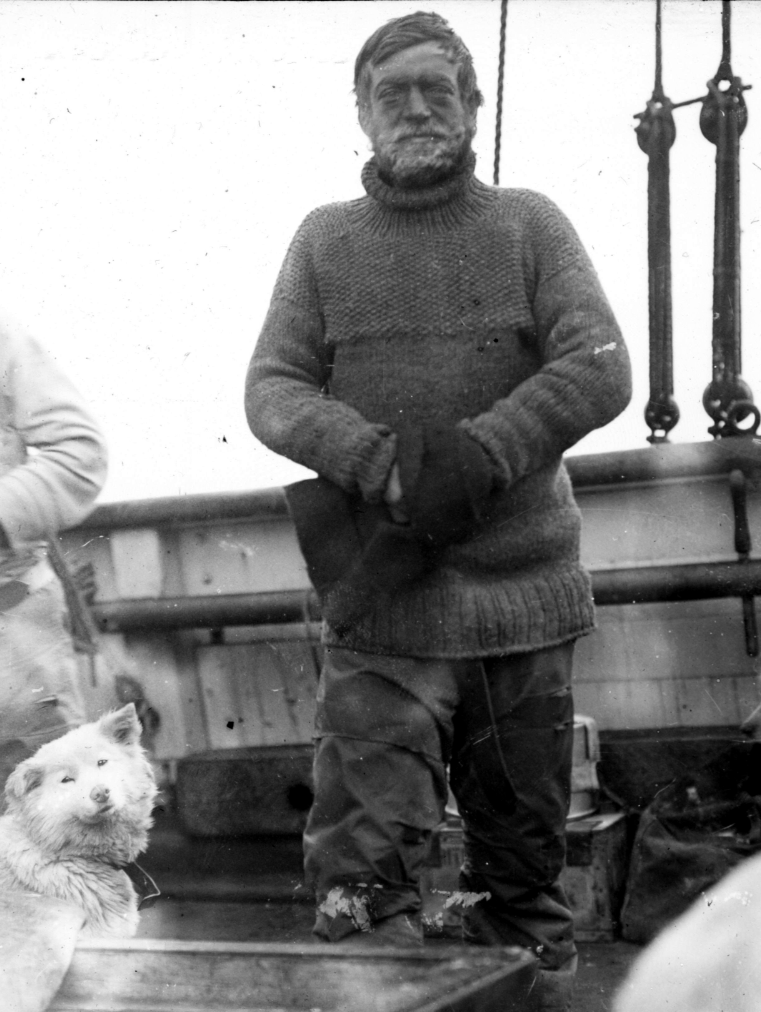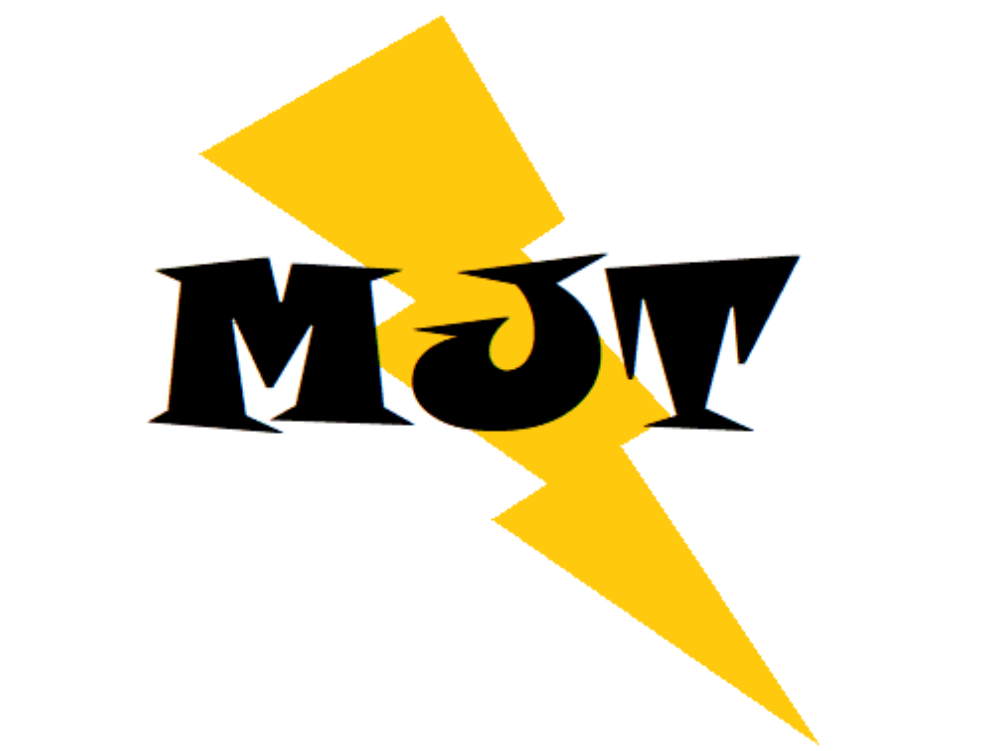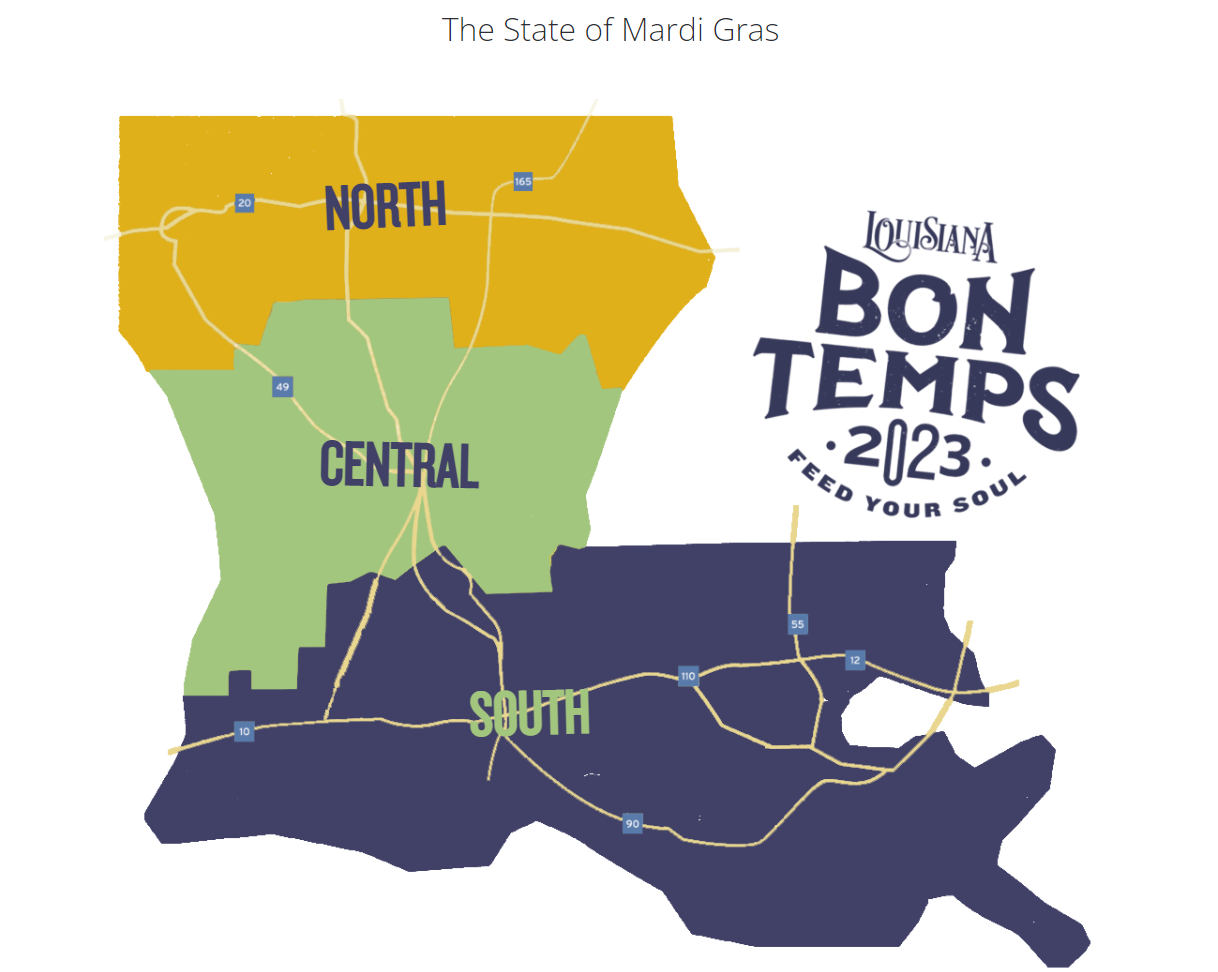
The Third Man Factor
“Who is the third who walks always beside you?
When I count, there are only you and I together
But when I look ahead up the white road
There is always another one walking beside you
Gliding wrapt in a brown mantle, hooded
I do not know whether a man or a woman
—But who is that on the other side of you?”
Eliot, T. S. (1922). The Waste Land.
I was driving one winter evening as a storm was revving up to share some of its frozen precipitation. It was dark and a light mixture of rain and ice was wetting the roadway. It was cold and getting colder, but the pavement was still fine to drive on. My route took me over a bridge. Unaware that the road surface of the bridge had turned to ice I took no precaution with my speed. As soon as all four wheels were on the bridge I instantly lost control. I was not on a main throughway so I wasn’t traveling at highway speed. However, I was still proceeding at a pretty good pace. The vehicle spun in a complete circle over the course of the bridge and left me, on the far side of it, facing in exactly the same direction that I was going when I started over it. With eyes wide open and a new found appreciation for driving in mixed weather conditions I finished the journey and made it safely home.
I wish I could take credit for the successful maneuver. The truth is that I can claim responsibility for only one action during the spin: I took my foot off the gas pedal. All other aspects of the maneuver were out of my control. While I may not have been traveling at a highway speed I was definitely going fast enough that to have continued in any direction other than straight during the spin, or to encounter non-icy pavement on the far side of the bridge with the vehicle facing in any way other than straight forward, would have been a significant problem.
I think it’s likely that all of us have had at least one occasion, maybe more, that we look back on when it’s finished and wonder to ourselves how did that turn out so well? Or, at least, how did that not go as badly as it might have?
For me, the instance above is one of a few that I look back on with a sense that someone or something was looking out for me. The other choice, I believe, is to chalk it up to Lady Luck. I can’t say with certainty which it was. It’s not something that’s scientifically provable. From Galileo and others responsible for scientific methodology we know that this simply means it could be repeated both by me and by others as a way of proof. Of course, the scientific method is just a construct for making sense of some parts of the universe. The fact that a hypothesis or theory (in this case that I had some manner of help from someone or something outside myself) isn’t scientifically provable doesn’t mean it’s not so.
Some who’ve had a more direct brush with potential ill fortune than anything I’ve ever experienced report a correspondingly more direct encounter with assistance from someone outside themselves. This has been referred to as the Third Man Factor. Accounts of it make for interesting reading and sources for these stories include adventurers such as Ernest Shackleton and Charles Lindburgh.
A few of the materials I’ve read are just below (none of these are primary sources) and are simply provided as starting points for those interested to take a deeper dive.
The Mysterious, Ghostly ‘Third Man’ Who Visits Explorers In Distress
Guardian Angels Or The ‘Third Man Factor’?
The Third Man Factor
Surviving the Impossible
Easter Egg #1: Online version (including helpful footnotes) of The Waste Land here.
Easter Egg #2: Online copy of The Waste Land by T.S. Eliot compliments of Project Gutenberg at this link.
Easter Egg #3: Brief description/summary of The Waste Land here.
Easter Egg #4: Study guide for The Waste Land here.
Easter Egg #5: Looking back on The Waste Land 100 years later here.


